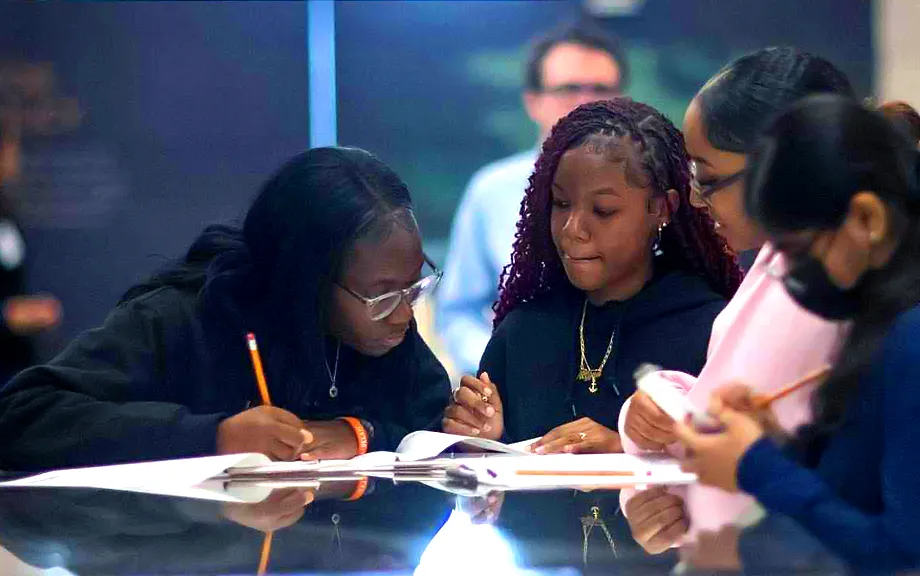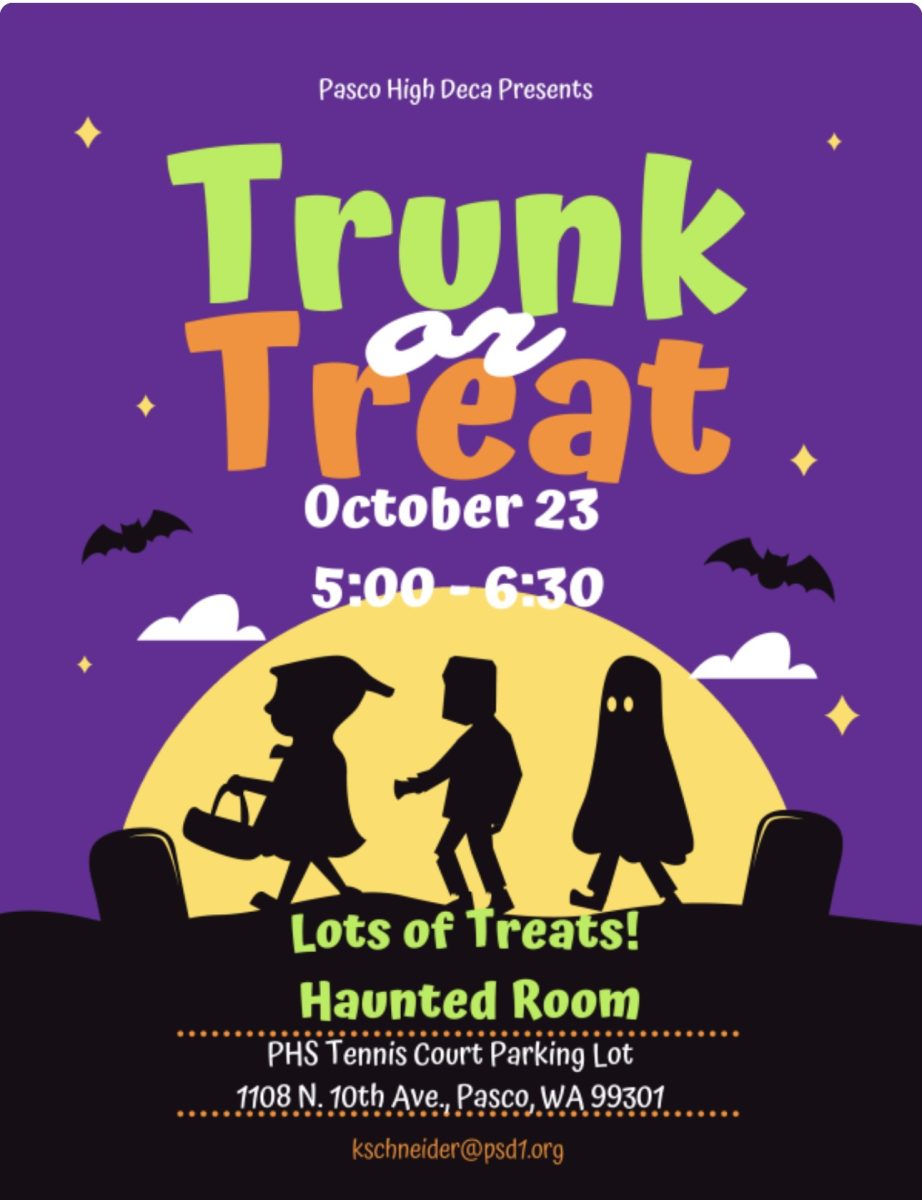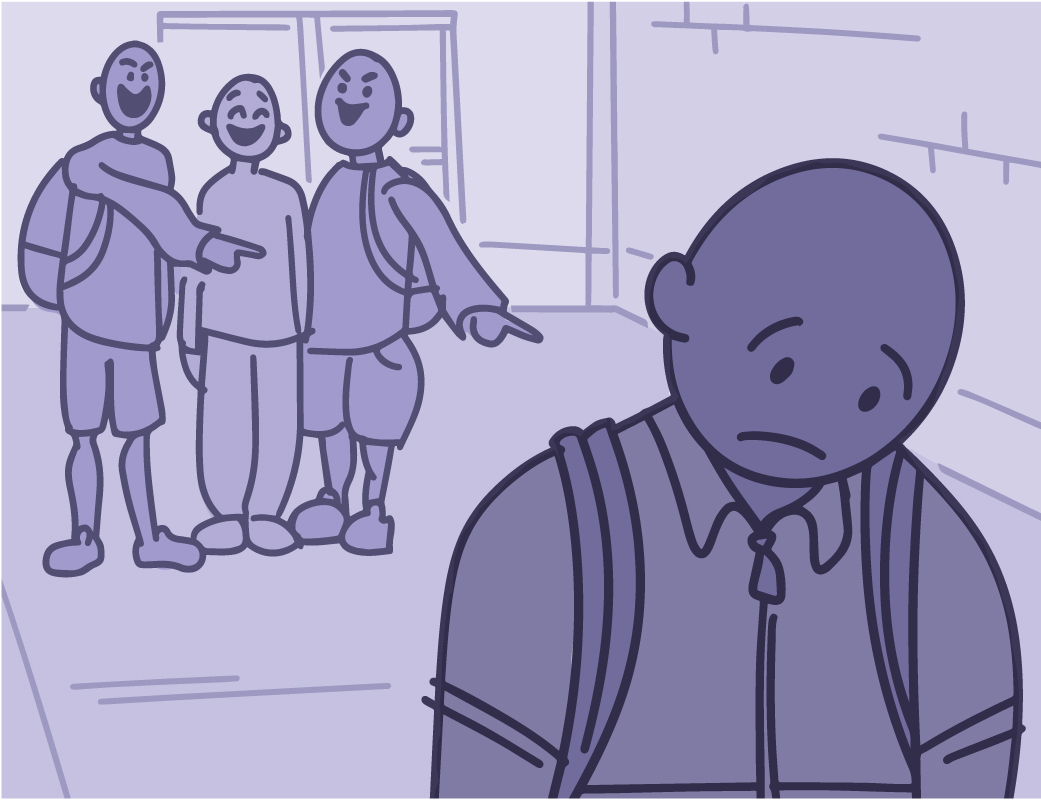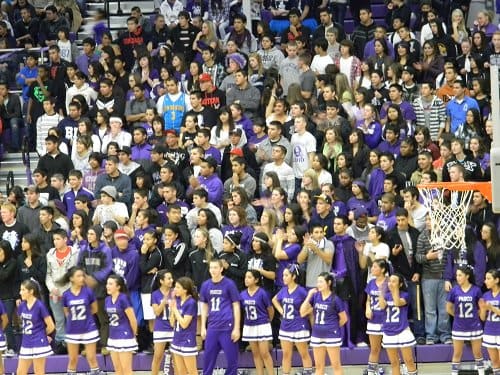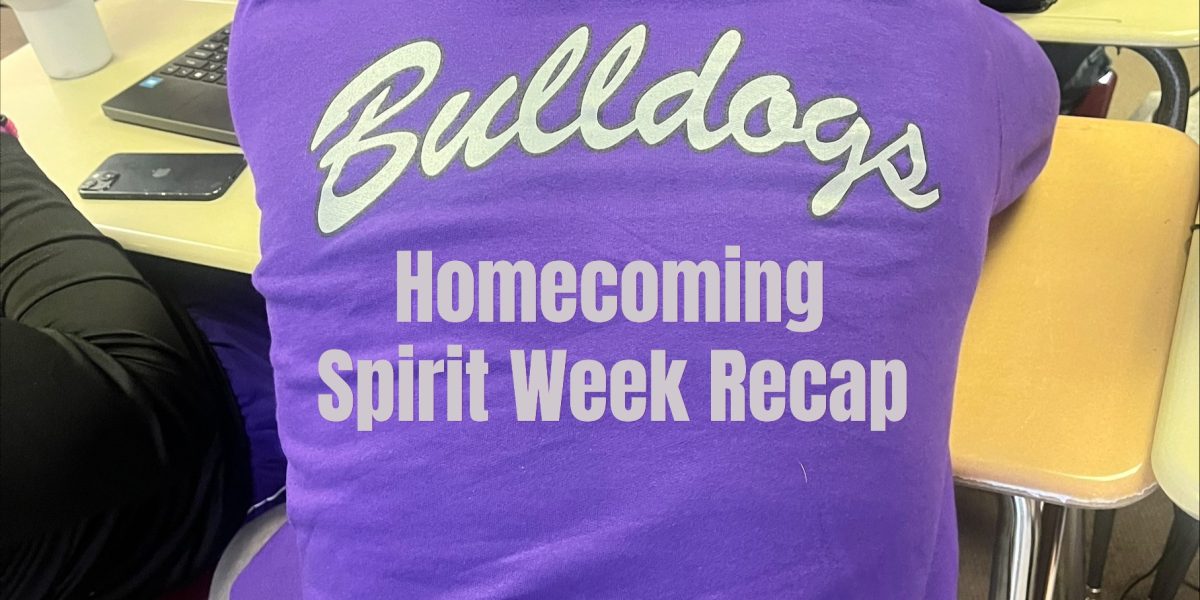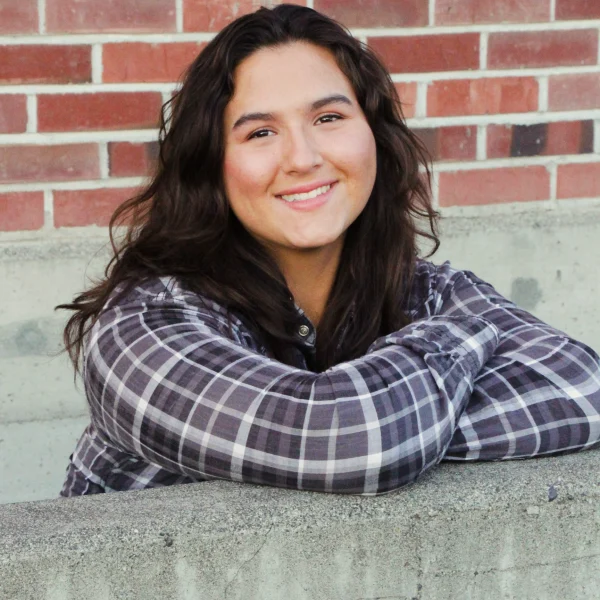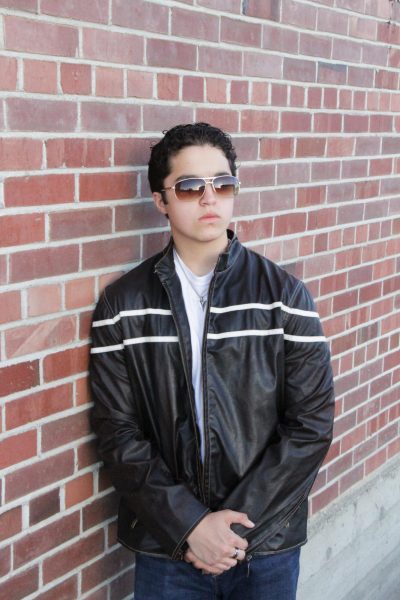In a quiet classroom just after the morning bell, the loudspeakers crackle to life with a familiar command: “Please rise for the Pledge of Allegiance.” But the room remains still. Chairs don’t scrape the floor. Hands don’t touch hearts. Words hang unsaid in the air.
Once a daily ritual imbued with national pride, the Pledge feels more like background noise than a unifying moment. Across schools in America, an increasing number of students are choosing silence over recitation, raising pressing questions about patriotism, identity, and the values the next generation holds dear.
After 24 years of teaching, Mr. Erickson, a history teacher at PHS, has witnessed a shift in student attitudes toward the Pledge of Allegiance.
“Whether students choose to stand for the Pledge or not is an individual choice,” he said. “Personally, I say it every time, and it means a lot to me. I have several close friends and family members who’ve served our country, so for me, it’s a way to pay tribute to their service and sacrifice.”
While he respects students’ right to abstain, if an individual student chooses not to participate, I would hope they are doing it for some conscious choice, not just because they are disengaged or don’t care. And no matter what students’ choices, in my classroom, if the Pledge is being said, you’re either standing and saying it or sitting quietly. I don’t tolerate people being disrespectful by interrupting others’ right to participate.
Erickson shared how his approach has evolved: “I wouldn’t say I’ve grown to accept it. I don’t personally like it when students choose not to participate. I’ve been teaching for 24 years, and I used to make all students stand during the Pledge. But over time, I’ve come to recognize that not participating is something that’s protected under the First Amendment and freedom of expression. What I have learned to accept is that when we live in a society with truly free speech, it means that some forms of expression are going to be things we disagree with.”
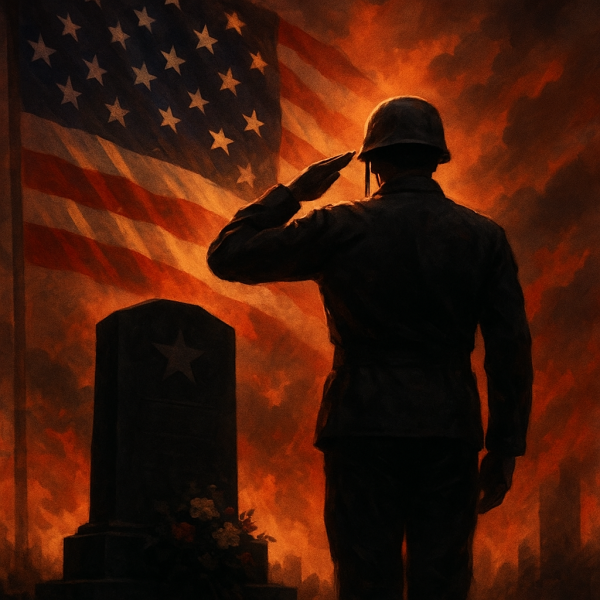
When asked what he would say to students and staff who remain seated during the Pledge, Erickson offered a measured response: “It’s their choice and I respect that, even if I don’t agree. I just hope it’s a conscious decision, not one made out of apathy. A lot of men and women have given their lives to defend our freedom to choose.”
With Memorial Day around the corner, and for the soldiers who didn’t make it home, will you stand for the Pledge of Allegiance?





